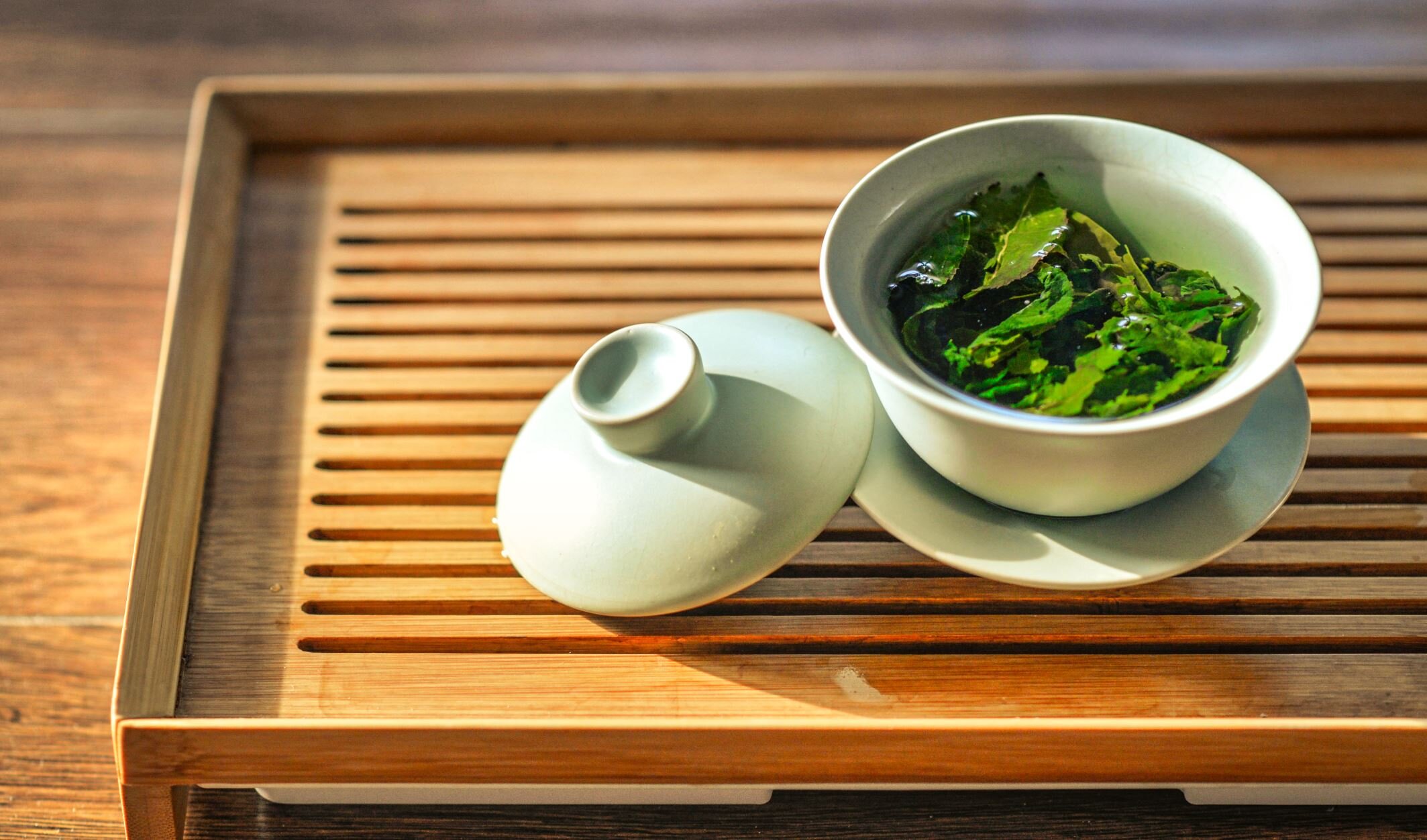Scientists linked regular green tea consumption (at least three times a week) to a lower risk of cardiovascular disease as well as all-cause mortality.
Image Credit: Universal-Sci / CC BY 4.0
Scientists linked regular green tea consumption (at least three times a week) to a reduced chance of cardiovascular disease as well as all-cause mortality. They published their findings in the European Journal of Preventive Cardiology.
The research was done with the help of more than 100.000 participants that have no history with heart disease or cancer. The participants were arranged into two separate groups. One set was composed of accustomed tea drinkers that drink tea at least 3 times per week, while the other set included people that never drink tea or less than 3 times per week. The researchers followed these groups for several years.
It turns out that the group consisting of regular tea drinkers, on average, lived longer and healthier lives. For instance, the analyses determined that 50-year-old regular tea drinkers, on average, would develop coronary heart disease and stroke approximately 1.4 years later and lived about 1.2 years longer than those that never or rarely drank tea. In addition, compared to never or non-habitual tea drinkers, regular tea drinkers had a 22 percent lower chance of fatal heart disease and strokes, as well as a 15 percent lower risk of all-cause death.
The scientists also looked at what happened if people changed their tea-drinking habits. According to Dr. Dongfeng Gu, one of the authors of the study, the protective effects of tea were most evident among the frequent tea-drinking group. Mechanism studies have suggested that the main bioactive compounds in tea (polyphenols) are not saved in the body for a long time, which means that drinking tea on a regular basis might be essential for the cardioprotective effect to be maintained.
Green tea might be better for your health than other types of tea - Image Credit: Jia Ye via Unsplash - HDR tune by Universal-Sci
It seems that the type of tea you drink matters as a subanalysis showed that drinking green tea was linked with roughly 25% reduced risks for incident heart disease and stroke, fatal heart disease and stroke, and all-cause death. However, no meaningful connections were noted for the consumption of black tea. An important side note, however, is that only a small percentage of the study population drank black tea. To make an accurate statement about the potential health benefits of black tea, more research should be done.
As for a reason behind the apparent benefits of green tea compared to black tea, two factors might be at play. First, green tea is a rich source of polyphenols that protect against risk factors, including high blood pressure and dyslipidemia. While black tea is fully fermented, and during this process, polyphenols are oxidized into pigments and may lose their antioxidant effects. The second factor that might be at play is the fact that black tea is often served in combination with milk. Previous scientific research has shown that milk may counteract the beneficial health effects of tea on vascular functions.
All things considered, if confirmed in randomized trials, these might be a great addition to current diety guidelines. If you want more information about the study, be sure to check out the European Journal of Preventive Cardiology article listed below.
Source and further reading: Tea consumption and the risk of atherosclerotic cardiovascular disease and all-cause mortality: The China-PAR project
If you enjoy our selection of content please consider following Universal-Sci on social media:




















